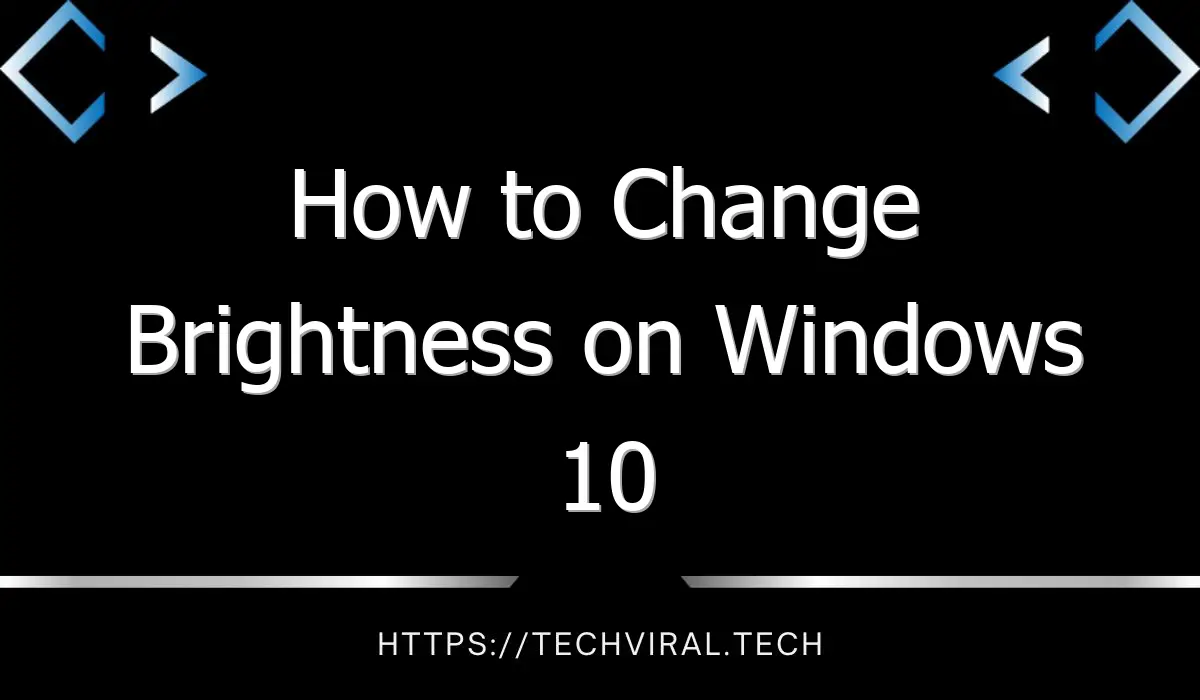Hummus For Babies
When making hummus for babies, keep a few tips in mind. It should be prepared with more chickpeas than a toddler would consume. You should also avoid adding salt to the baby portion. However, hummus can be used for a variety of purposes such as a dip, sandwich spread, or pizza topping. You can also add it to devilled eggs, mashed potatoes, or salad dressing. You can store hummus in an airtight container for up to 3 days.
If your baby is sensitive to garlic, make sure you prepare hummus in small portions and wait for at least three days before introducing it to your child. However, the taste may change with time and you can always try it again in the future. You can also opt for roasted garlic for a more flavorful taste. Although garlic has a high nutritional value, it can be very spicy for babies, so you can start with a small amount.
Chickpeas are another option for pureeing for your baby. You can also make pureed chickpeas as part of a baby-led weaning program. Another benefit of chickpeas is that they are naturally plant-based, gluten-free, and vegetarian. They provide fiber and iron to your baby, which are important for his or her growth. A good source of protein is chickpeas.
When preparing hummus for babies, try to choose one that contains low sodium. You should use a BPA-free can to avoid any chemical additives. Another important thing to consider is the age of your child. When introducing hummus for babies, it is better to introduce it at a young age. A baby may be too young for feta, but it will work in introducing stronger cheeses to the baby.
It is important to remember that hummus contains sesame seeds, which are known to cause allergic reactions. You should therefore always avoid giving hummus to a young child if they have a history of allergies. However, you can make your own hummus by following the steps in the recipe above. This chickpea recipe for babies is an easy way to introduce chickpeas to your baby. It can be spread on bread for younger babies or dipped into it for older ones.
In addition to being high in fiber and protein, hummus for babies is also low in calories. You can use it as a dip to accompany cooked chicken and fish, or simply serve it on its own as a side dish. It is also a great source of vitamin E and manganese. It is also very low in fat, which is important for a baby’s healthy development. That means it’s healthy for them, as well as delicious for your family.




